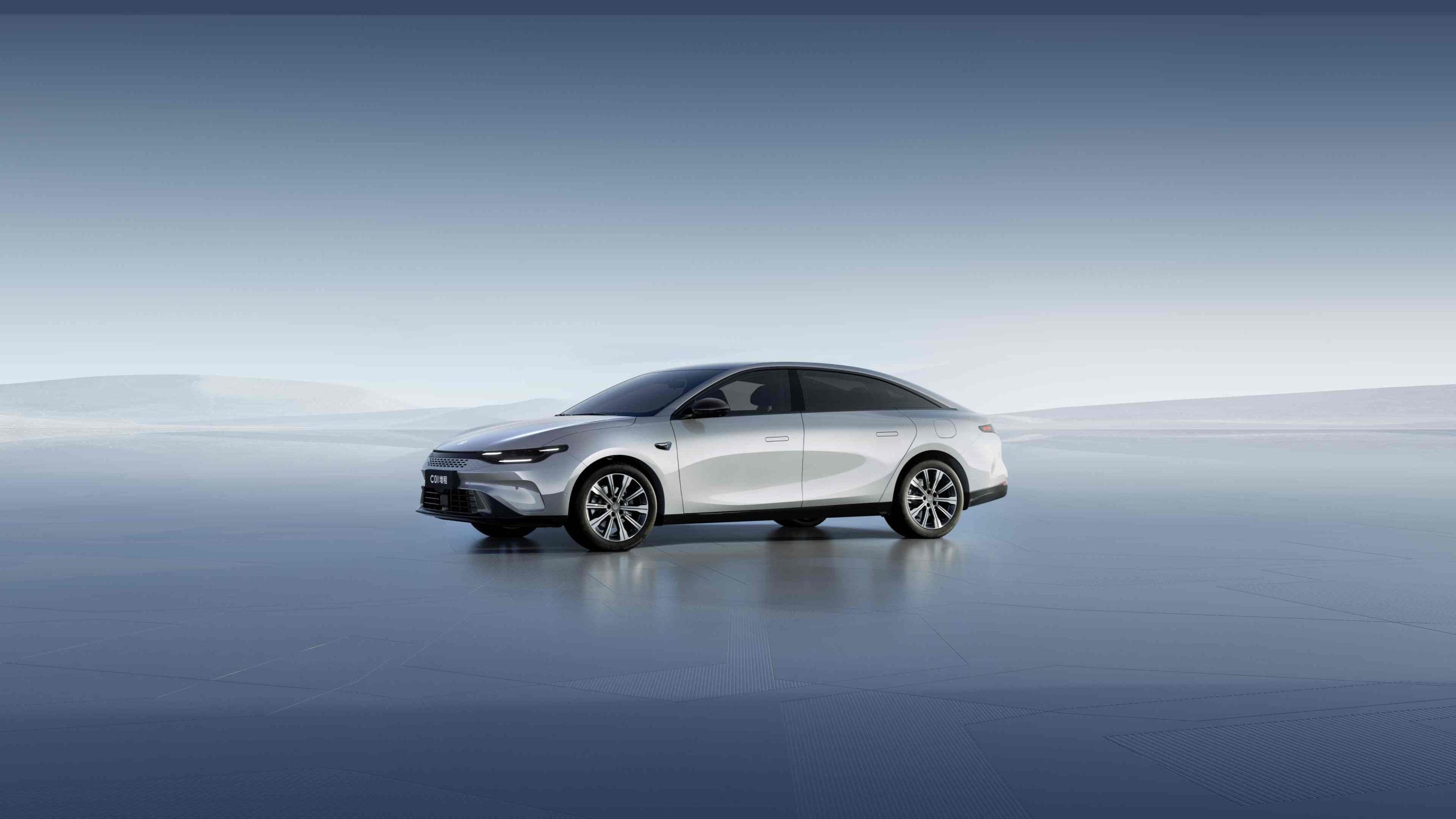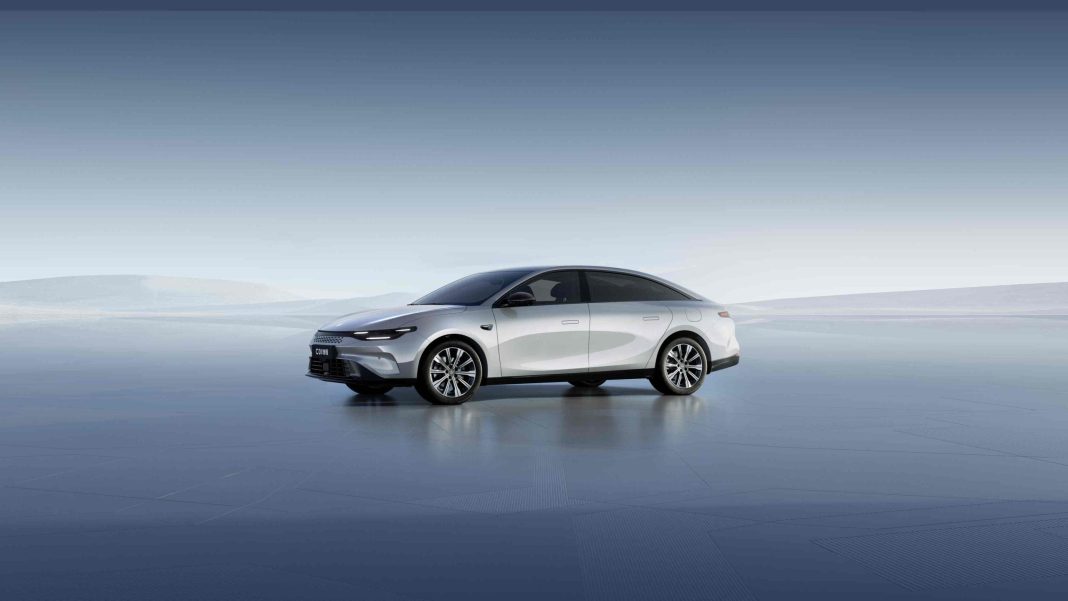 Stellantis, the automaker, has announced a new joint venture with Leapmotor, a Chinese electric vehicle (EV) manufacturer, to expand the sales of China-made EVs globally. The partnership aims to leverage Stellantis’ distribution networks to sell Leapmotor vehicles in various regions. Initially, the focus will be on European markets, including France, Italy, Germany, Netherlands, Spain, Portugal, Belgium, Greece, and Romania, starting in September. The Middle East and Africa, India and Asia Pacific, and South America will follow suit in late 2024.
Stellantis, the automaker, has announced a new joint venture with Leapmotor, a Chinese electric vehicle (EV) manufacturer, to expand the sales of China-made EVs globally. The partnership aims to leverage Stellantis’ distribution networks to sell Leapmotor vehicles in various regions. Initially, the focus will be on European markets, including France, Italy, Germany, Netherlands, Spain, Portugal, Belgium, Greece, and Romania, starting in September. The Middle East and Africa, India and Asia Pacific, and South America will follow suit in late 2024.
However, the expansion plans do not currently include distribution in the United States due to new American tariffs on China-made EVs. The Biden administration recently announced higher tariff rates on $18 billion worth of Chinese imports, including quadrupling tariffs on imported Chinese EVs from 25% to 100%. Stellantis CEO Carlos Tavares cited these tariffs as one of the reasons for excluding the U.S. market from their current plans.
Tavares emphasized that Europe is seen as a more favorable market due to its different approach and relatively open stance toward Chinese offerings. He noted that Europe has a more competitive environment and believes that competing with Chinese carmakers is the best way for Stellantis to learn and stay fit for the global race.
The joint venture between Stellantis and Leapmotor aims to introduce at least six EV models by 2027. These vehicles will initially be budget-friendly and complementary to Stellantis’ existing lineup. The companies are confident that their collaboration can give Leapmotor the boost it needs to become a respected world-class intelligent electric vehicle company.
The influx of Chinese EVs has raised concerns in the automotive industry, with fears that these lower-priced vehicles will flood the market and undercut domestically-produced EVs. According to the European Union (EU), Chinese companies accounted for 8% of Europe’s all-electric vehicle sales as of September, and this share could increase to 15% by 2025. The EU believes that Chinese EVs are undercutting local models’ prices by approximately 20% in the European market.
To support the industry, the European Union has launched government initiatives to bolster its own EV sector. The partnership between Stellantis and Leapmotor is seen as a significant step in the global integration of China’s intelligent electric vehicle industry.
As for Leapmotor, the joint venture with Stellantis provides an opportunity for rapid international growth. Even without the partnership, Leapmotor’s founder and CEO, Zhu Jiangming, believes they would have eventually entered the European market. He sees the collaboration with Stellantis as a way to capitalize on the dynamic created by Chinese carmakers.
Although the sales volumes expectations for Leapmotor vehicles sold through Stellantis’ distribution networks were not disclosed, both companies are optimistic about the future. Stellantis plans to expand its sales network from 200 locations to up to 500 by 2026, indicating their confidence in the joint venture’s success.
In conclusion, Stellantis’ partnership with Leapmotor marks a significant development in the global electric vehicle market. By leveraging Stellantis’ distribution networks, Leapmotor aims to expand its presence outside of China and compete with established players in various regions. While the U.S. market is currently excluded due to new tariffs, Europe is seen as a more favorable market with a different approach and more open market conditions. With the support of government initiatives, Chinese EVs are expected to make a substantial impact on the European market. The joint venture between Stellantis and Leapmotor has the potential to propel Leapmotor into becoming a respected world-class intelligent electric vehicle company.


